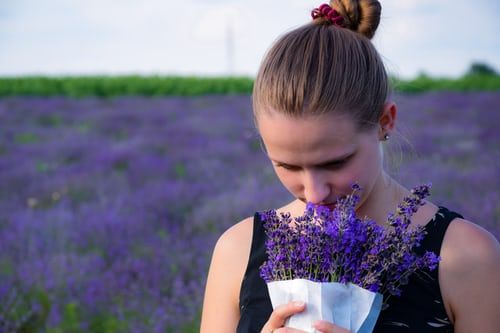Loss of smell
and taste have been one of the earliest symptoms to be discovered in the
pandemic. Studies have shown that loss of smell can occur in around 40%-68% of
all COVID cases, mostly affecting mild to moderate infections and more in women
than men.
The
condition is called anosmia, a complete loss of smell and taste which has been
found related to another condition called parosmia. It is a distortion of smell
which is caused as a result if the receptor cells in the nose failing to
translate odours to the brain accurately. It can be caused due to common cold or
a sinus infection, injury to the head or due to drugs.
Also Read | Rise in depression and panic attack due to COVID-related trauma: Experts
Now, a new
study published in the JAMA Network Open on Thursday has given some hope to
people suffering from this condition. Researchers studied 97 COVID patients who
had lost their ability to taste and smell for up to a year, according to a CNN report.
The
patients were asked to tell researchers if and how their condition was
improving every four months. 51 of the participants also underwent an objective
testing to gauge their sense of smell every four months.
Also Read | India has a window of 6-8 months before third COVID wave: ICMR official
After eight
months, objective olfactory assessment confirmed that 49 of the 51 patients had
recovered fully, Dr Marion Renaud, an otolaryngologist at University Hospitals
of Strasbourg in France, and his colleagues said in the study.
However,
some of them believed their olfactory function had only partially returned, or
that their ability to smell and taste was reduced.
While cold
and other infections can also impair the sense of smell and taste, there are differences
between how it is different from the effects of COVID. An August 2020 study
found that COVID particularly affected a person’s ability to differentiate
between sweet and bitter tastes.
Also Read | A coronavirus epidemic happened 20,000 years ago, new study reveals
“It is
particularly interesting that COVID-19 seems to particularly affect sweet and
bitter taste receptors, because these are known to play an important role in
innate immunity,” Carl Philpott, a professor of rhinology and olfactology at
the University of East Anglia’s Norwich Medical School said.







